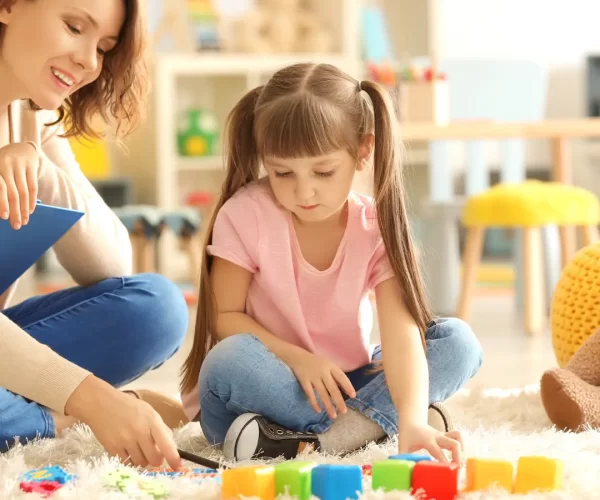Oppositional Behaviour and ADHD – How Play Therapy Might Help

Oppositional behaviour and ADHD – How Play Therapy might help
Oppositional behaviour is a common occurrence with ADHD. In the home, intense and/or frequent oppositional behaviour can be highly disruptive and stressful. ADHD characteristics such as impulsivity, difficulty with sustained attention, and challenges with emotional regulation contribute to oppositional and defiant behaviour. These behaviours can strain family relationships, create ongoing conflict, and lead to frustration for both the child and their parents.
Managing oppositional behaviour in the home is challenging. It typically requires parent involvement in a behaviour management program. The behavioural approach provides a structured framework for parents and children to follow, which can help reduce the frequency and intensity of oppositional behaviours. It involves setting clear expectations, consistent routines, and positive reinforcement for appropriate behaviours. By consistently applying these strategies, parents can create a more predictable and supportive environment for their child, which can help reduce anxiety and frustration, both of which can exacerbate oppositional behaviour. In essence, parents are provided with tools and techniques that allow them to guide their child’s behaviour in a more structured and supportive manner, reducing the likelihood of confrontations and promoting more positive interactions.
Behavioural strategies are particularly important for children with ADHD, because these strategies help parents to accommodate the reduced levels of executive control in children with ADHD. Parents become coaches and substitute “executive controllers” for their child until the child matures enough to take over that function for themselves.
However, medication and behavioural strategies are somtimes not sufficient to assist children with ADHD who are very oppositional, particularly if self-esteem issues are significant. For these children, it can be beneficial to combine a behavioural approach with a Child-Centred Play Therapy (CCPT) approach. CCPT approaches can help to reset the home environment, by improving relationships between child and parent, building children’s self esteem and capacity for emotional regulation. The therapy is developmentally appropriate because children can express their feelings and experiences in action (e.g., play) rather than in words and one of the things that CCPT does extremely well is to rebuild a child’s self-esteem.
Parent meetings are, of course, an essential part of this process. Through regular meetings, parents can receive guidance and support, discuss challenges they are facing, become self-reflective within a safe environment, and adjust strategies as needed. By working collaboratively with their child’s clinician, parents can develop a more nuanced understanding of their child’s needs and learn how to respond in ways that are both effective and compassionate.
In conclusion, when medication and behavioural strategies are not sufficient to assist children with ADHD, a multi-faceted approach that combines behavioural strategies with therapeutic interventions like CCPT may be required. By involving parents in this process, we can help create a more harmonious home environment where children feel supported and understood, ultimately leading to improved behaviour and stronger family relationships.
If you would like to have a conversation further on how to navigate this, please contact us at Prosper Health Collective for further information on 6381 0071.